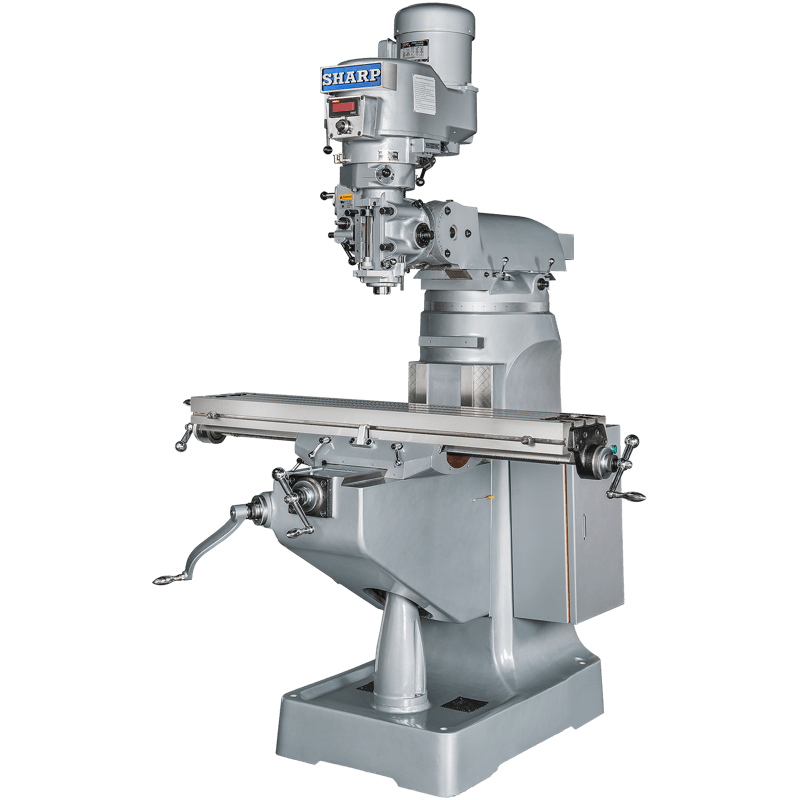reggie_obe
Diamond
- Joined
- Jul 11, 2004
- Location
- Reddington, N.J., U.S.A.
Maybe a simple question, maybe not....
New instructor wants to have some manual machines for first year students to learn the basics on.
School shop, four 50 year old Bridgeports, some ProtoTrak CNC, some not. Old abused and tired.
Three old 13" SouthBend flat belt lathes, 2 DoAlls.
A 17" SouthBend Turnado which has had the apron removed and lost.
The above machines would be sold off.
American made lathes and mills would be preferred, but Taiwanese or other quality imports would be considered.
Budget for replacements is unknown. What would you suggest?
New instructor wants to have some manual machines for first year students to learn the basics on.
School shop, four 50 year old Bridgeports, some ProtoTrak CNC, some not. Old abused and tired.
Three old 13" SouthBend flat belt lathes, 2 DoAlls.
A 17" SouthBend Turnado which has had the apron removed and lost.
The above machines would be sold off.
American made lathes and mills would be preferred, but Taiwanese or other quality imports would be considered.
Budget for replacements is unknown. What would you suggest?




